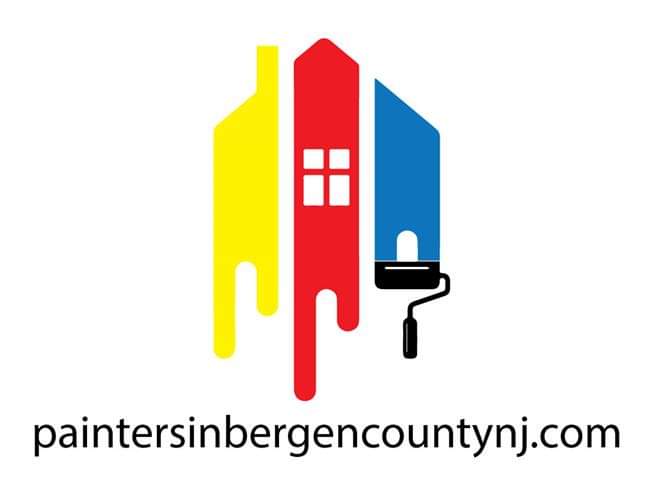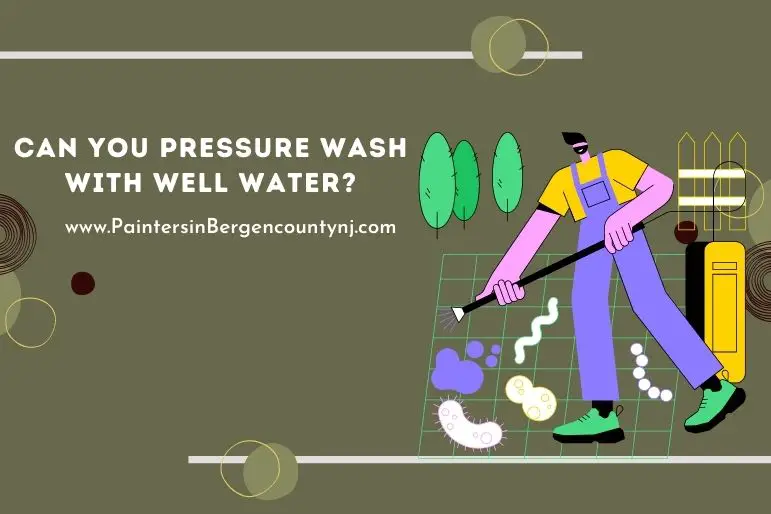Is It Possible To Pressure Wash Using Well Water? Definitely, but it’s important to proceed with caution due to the fluctuating quality of well water. It is recommended to acquire a pre-filter, water softener, and iron filter, which can be found at your neighborhood hardware shop or Lowe’s/Home Depot. Additionally, take into account that using well water for pressure washing has the potential to result in rust and damage to your auto, so take necessary precautions.
Can You Pressure Wash With Well Water
Can You pressure wash with well water? The answer depends on the quality and capacity of your well. Using well water to run your pressure washer can result in damage to your pumps, and it’s not a good idea to pressure wash with water that has too much sand or clay in it. Before using a pressure washer with well water, you should always check the screen. Some wells produce more sand than others, so make sure that your pressure washer has a good inlet screen. You should also check the screen frequently.
Water can vary in quality from a mile to mile, so you can’t just use old water to pressure wash. If you’re going to pressure wash with well water, be sure to get a pre-filter, water softener, and iron filter. You can get these at any hardware store or Lowes/HD. Also, you’ll need to check the pH balance of your water. If you’re unsure, ask a well service provider to help you.
Professional Power Washing Company
There are several benefits of hiring a professional power washing service. Not only will they use better equipment, but they will avoid causing damage to your property. A power washer is also insured and licensed, so you won’t have to worry about liability. Depending on your insurance policy, pressure washing may not be covered under it. A professional power washing company uses water from a well to minimize water usage. A power washing company uses less water than a garden hose, which makes it safe and effective.
If your property has well water, you can also use this source of water to power wash. However, there are some limitations to using well water. If your home uses well water, the pressure may be too low to effectively power wash the exterior. Well, water can contain iron and other minerals, making it problematic for homes that use well water. A professional power washing company can use well water and get the best results.
Power Washing Equipment
Power washing is a great way to get rid of grime, bird droppings, and dirt on your home. It can also help prevent downtime due to faded outdoor signage. If you’re looking to sell your home, power washing is a good way to make your property look its best. And if you have well water, power washing can help you save money on a new roof. The benefits of power washing your home are many, and you’ll be glad you did.
To test if your well water has sufficient pressure for power washing, you can use the old-fashioned method of filling a five-gallon bucket. This can help you determine gallons per minute. If your pressure washer can handle these pressures, you’re ready to tackle any tough cleaning project. If your well doesn’t produce enough water, you can purchase a booster pump and use that as your water source.
Water Pump
When using a Water Pump for pressure washing with well water, you’ll need to make sure that your water source is suitable for the job. In addition, you should ensure that your well and pump have a sufficient output pressure and GPM to run the pressure washer efficiently. Otherwise, you’ll end up with uneven pressure and a pump that can’t keep up with your demand. Some signs that your water pump may be in need of repair include varying water pressure, dirty water, loud pump noise, and no water.
There are many types of pumps for pressure washing with well water. There are axial cam pumps, piston pumps, and plunger pumps. Each type has its pros and cons. The most important aspect to consider when choosing the right pump for your needs is its GPM and water pressure. While some pumps will be capable of producing high pressure, you’ll have a difficult time cleaning a large area with just one pump.
Well Pump
Many homes in Virginia have a well. You can power wash your home with well water if you want. However, power washing can damage your well if you use too much water. For concrete, you’ll need even more water than normal. If you use well water, be sure to use a pre-filter, water softener, and/or an iron filter. You can purchase these items at most any hardware store or HD.
Make sure your pressure washer has a good inlet screen for the water. Some wells produce more sand than others. Check it often, and make sure that the screen is clear. If it’s not, you’ll end up with an overheating washer. You can also cause damage to your power washer’s pumps by over-pressurizing the water. If you’re not sure, look up data sources and ask friends if they have any.
Power Washer
Can You Pressure Wash With Well Water? Many Virginia homes have wells. While a power washer is great for cleaning exterior surfaces, it uses a lot of water, and concrete requires more water. In addition, the process can damage a wall. Here’s how to test if your well can handle power washing. Once you have a ballpark figure, you can begin your cleaning project. After completing the initial steps, you can move on to more involved cleaning.
First, be sure to check your pressure washer’s inlet screen. If it’s clogged with sand, it won’t work properly. You’ll end up with a pump repair bill if it doesn’t. Also, check your pressure washer’s water quality. Some wells produce more sand than others, so check your inlet screen regularly. You may find that the sand content increases as you draw down the well.
Steady Flow
When pressure washing with well water, it’s important to ensure that you have enough water to keep the process running smoothly. While it is possible to run a pressure washer with only a few gallons of water, the constant water pressure of a high-pressure washing system will make the whole process much more efficient. If you have multiple faucets open at the same time, you may need to adjust your flow to avoid over-pressurizing the pump and causing damage to the lawn. Fortunately, most well water systems can accommodate this technology. You can purchase the most advanced well water systems from Greco & Haines to meet your needs.
Before you can begin pressure washing with your well water, you should check your water pipes for blockages. The pipes will not provide adequate pressure or flow if the water is hard, iron-free, or contains sediment. You can solve this problem by installing water softeners or filters. Installing an iron filter will prevent your pipes from becoming clogged, preventing you from getting a smooth, uninterrupted pressure wash.
Water Pressure
If you are pressure washing with well water, the best way to ensure a good cleaning is to use a high-pressure wand. The pressure in the wand is measured in PSI, or pounds per square inch. At a height of 100 feet, the pressure is 43 PSI. Ten feet above the house, the pressure is only 4.3 PSI. To prevent cavitation, you should increase the pressure of the wand before washing.
If you are pressure washing with well water, make sure the pressure is equal to the pressure in your power washer. Otherwise, the water pressure will be inconsistent or lower than you’d like. If you’re not sure what’s wrong with your well water pump, check the inlet filter for dirt or blockages. If you still experience inconsistent pressure, make sure the valve is unloaded and clean. If you can’t get water out of the faucets, your well pump may need to be repaired.
Well, water quality varies from a mile to mile. Make sure you check the quality of the water before pressure washing. If the water pressure is low, you may need a pre-filter, water softener, or an iron filter. All of these items can be purchased at any hardware store or HD. If the well water quality is high, you might not need to worry about these additional expenses. In case of rusting, you can try using a pressure washer with a low-pressure setting.
References
https://www.houzz.com/discussions/2509790/powerwashing-with-well-water-pump
https://www.bobvila.com/articles/the-dos-and-donts-of-pressure-washing/

